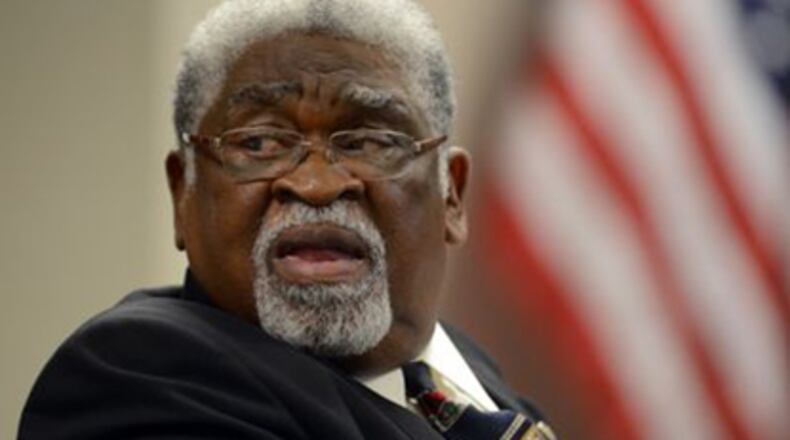The Georgia Supreme Court on Monday unanimously upheld the law used by Gov. Nathan Deal to suspend members of the DeKalb County school board.
Deal had suspended six members of the nine-member board in February after the Southern Association of Colleges and Schools placed the district on probation.
“Today’s ruling provides an added layer of security for students, parents, homeowners and business leaders all across Georgia,” Deal said.
Deal said he believed a governor should use such power rarely and only in worst-case scenarios, such as when school systems risk loss of accreditation. “The results can be catastrophic for the community, particularly for the innocent students who have a red flag on their academic record because of the actions of adults,” he said.
Deal said that in the cases he has been involved in so far, “we’ve seen dramatic improvements in school governance after the state stepped in.” The governor said he believed it would be best if he did not need such authority, “but it’s an unfortunate necessity.”
Shortly before Deal handed down his DeKalb suspensions, the school district sued in federal court. Then, the board appointed by Deal removed the district as a plaintiff, but suspended board chairman Eugene Walker continued the litigation with independent funding.
The case was assigned to U.S. District Judge Richard Story who asked the state’s high court to answer two constitutional questions regarding the state law Deal used to remove the board members. The law authorizes the governor to remove school boards in districts on probation. Story asked if that law violates a doctrine that school systems be controlled by elected school boards and whether the General Assembly extended unconstitutional powers to the governor.
On Monday, the state Supreme Court said the law does not violate the constitution, telling Story, “We answer the questions of the district court in the negative.”
As the people of Georgia seek to improve the state’s educational system, “this court must be mindful of the broad discretion granted by the Constitution to local school boards to manage and control local school systems,” the court’s opinion said. But the law used by the governor “is not an unconstitutional infringement upon the governing ability of local school boards, nor is it a violation of any other constitutional provision or right.”
DeKalb School Board Chairman Melvin Johnson called the ruling “good news.”
“It’s good news in that there is closure,” Johnson said. “We can move forward and the citizens can move forward.”
Walker called it “a sad day.”
“My initial response is the Georgia Supreme Court has struck a tremendous blow to me and against the constitutional mandate that local voters are to decide who serves on school boards,” Walker said. “They have thrown the constitution out the window and replaced it with political considerations.”
“But I remain faithful,” he added. “I know God is still in charge, not the governor and the Supreme Court. I know for a fact that my rights have been violated. I did nothing wrong and the governor can remove me after my being duly elected.”
The case now returns to federal court and Judge Story. Because of the state Supreme Court’s decision, Story is now expected to dismiss Walker’s lawsuit.
About the Author
The Latest
Featured


